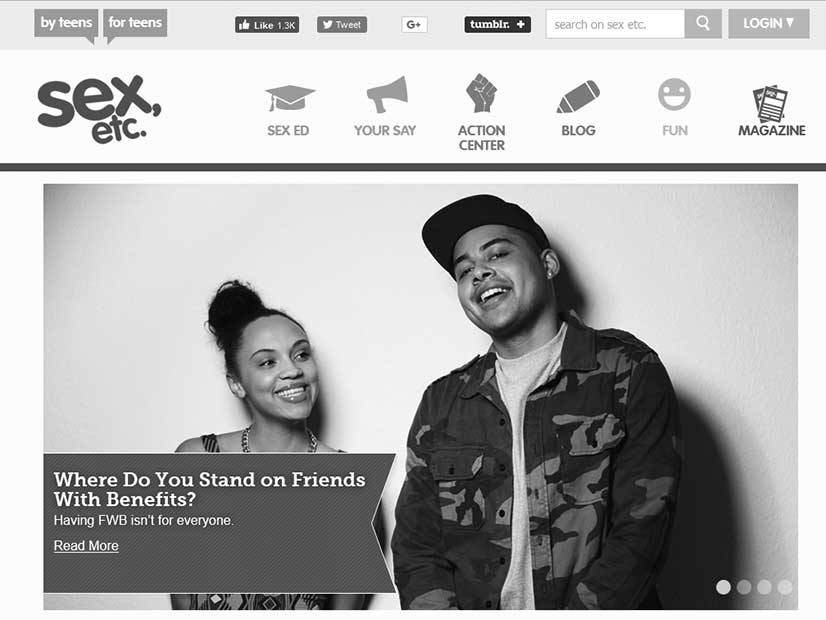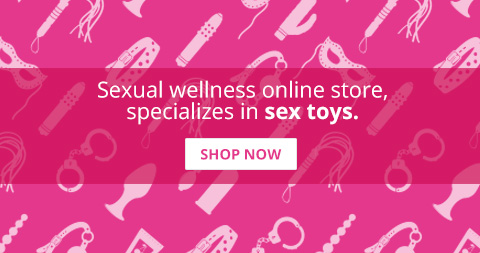Cassie Wolfe PhD & Licensed Clinical Social Worker has dedicated her life to help improve the sexual lifestyles and relationships of people all over the world. Cassie Wolfe is a Social Work Manager and Sex Therapist for the Belmont Behavioural Hospital, a Relationships Expert Panelist and a Philadelphia Sex & Relationships Columnist.
Cassie first began her career at Sex,Etc the sexual health and lifestyle magazine and website. The website and magazine is aimed at teens supporting, empowering and educating their peers in a sex-positive and non-judgemental environment. From there Cassie learned that ALL people, no matter their age needed an environment where they were able to openly talk about sex and gain access to support and services that provided helpful information. With such an amazing professional background, Adultsmart had to take the opportunity to interview Cassie personally to find out more about her career.

Tell me about yourself?
Cassie Wolfe, PhD, LCSW was born and raised in New Jersey, where she developed her passion for accessing and disseminating comprehensive sexuality education to young people, authoring articles for Sex, Etc., a nationally published Web site and magazine. After graduating from Rutgers University, Dr. Cassie worked with a non-profit AIDS service organization providing treatment counseling to HIV-positive individuals before ultimately pursuing her masters in social work and doctorate in human sexuality from Widener University. Dr. Cassie fell in love with Philadelphia and never left, accumulating two puppies along the way! She has spent the last decade of her career continuing to work with marginalized populations, currently supervising the adult case management team at Belmont Behavioral Hospital, a 180-bed inpatient psychiatric facility. Dr. Cassie is also a part-time sex therapist in Belmont’s outpatient department and she facilitates trainings to medical and behavioral health professionals on best practices when working with sexual minorities.

What inspired you to specialize in the field of social work and human sexuality?
Growing up, I was always the “go-to” ear for venting about school, relationships, and sex. Finding a program that specialized in combining the therapeutic aspects of social work and the relational dynamics of sexuality allowed me to merge aspects of both fields that I fell in love with: how to help others improve communication, problem-solve, develop trust, and explore the multifaceted world of pleasure from a non-judgmental perspective.
Why is it important to educate people about their sexual health?
I think the role of sexual health as a contributing factor to someone’s happiness and wellness is often minimized or viewed through a lens of only disease and dysfunction. It is important to educate people about their sexual health so that they can make informed decisions about their bodies, about their sexual behaviors, and with their partners in the pursuit of pleasure and happiness.
What sexual health issues do you find are most prevalent in your field of work?
I primarily work in an acute inpatient psychiatric hospital and also see individuals for outpatient therapy. Common themes revolve around a lack of communication about one’s needs and desires; the effects of depression and anxiety on sexual desire; and letting go of baggage from previous relationships to overcome fears about pursuing new ones.
People often ask “what can affect the acceptance of sexuality?” One of the main impacts on sexuality is when teens are systematically shamed for their sexual thoughts, feelings or behaviors – Have you seen a change in how teens are being shamed? How can this issue be fixed?
Unfortunately, the thought of the young or the elderly having sex still gives folks a case of the “ickies and uncomfortables.” I see a lot of shaming happening regarding behaviors that are typically age and developmentally appropriate. There’s this idea that young people are “too young” or “too immature” to make informed decisions about their bodies and their sexual lives; and while maturity runs on a continuum, many young people are capable of making responsible and well-informed decisions and are often juggling multiple responsibilities – babysitting younger siblings, holding a part-time job, maintaining school work, being part of extracurricular activities, etc. The average age of when individuals first have sexual intercourse has remained pretty consistent over the past several decades and I think that’s important for us, especially adults, to recognize. The behaviors are not new and they’re not going away simply because they make some feel uncomfortable. I think having more dialogue around sexuality and relationships within families and more comprehensive sexuality education for individuals at all levels and age ranges, including professionals on age appropriate behaviors, could help reduce common misconceptions and sexual stereotypes.
Sometimes it can be quite hard for someone to talk about their sexual health topics like how to introduce sex toys into a relationship. How would you recommend someone to begin talking about their sexual health issues?
I’m a “rip the Band-Aid off” kind of a person, so I try not to pussyfoot around issues that are important to me. Your approach may be person dependent, so whether you’re talking to a provider or a partner, it could look something like:
“I would like to bring up something that isn’t easy for me to talk about…”
“Something has been on my mind and I want to process some things with you…”
“I’ve noticed that when I do/take XYZ, blank happens and I’m concerned that…”
It is common to find couples who are struggling with their sexual relationship due to their management of responsibilities and managing their individual sex drives. (Although, to make things easier couples can use sexual health aids like arousal and excite gels.) What would you recommend to couples who are struggling with these issues?
Communicate. Communicate. Communicate. Your needs are important and valued. It is common for life, work, stress, anxiety, having children, differing work schedules, etc. to get in the way. Make having a connection with your partner/s/ a priority, even if that means actually scheduling a specific time on your calendar. It’s also normal to have variation in one’s sex drive. Just remember that some partners experience responsive arousal – meaning they get more excited in the midst of foreplay (which reminds me – FOREPLAY!! Stop rushing and don’t forget FOREPLAY), while some can be more spontaneous. Focus on the quality over quantity.
How do you feel that health professionals, organizations, and companies can effectively help their patients and customers with their sexual issues?
I think it’s important for organizations to invest in the education and training of their staff at all levels when working with sexual minorities and sexual health concerns. Health professionals should explore at least 1-2 continuing education trainings that cover sexual health topics during each licensing cycle. Someone may come to you complaining about depression and may neglect to mention how it has impacted the quality of their sexual relationships because they view it as “less important.” Or perhaps someone with a history of trauma has spent so much of their therapy on the past that they have divorced the idea of ever having a healthy, exciting, and enjoyable sex life. If we can offer a space that validates not only the importance of sexuality in our lives, but also that we are comfortable talking about sensitive issues, we have the opportunity to really encourage empowerment.
What moments in your career have you been most proud of?
Finishing my doctorate was pretty stellar! I’m honestly humbled to be able to do what I love while making a career out of it. From facilitating trainings to doctors and medical students about issues in LGBT patient care, to running sex ed groups for teens, writing hospital policies on rooming assignments for transgender and non-binary individuals, to empowering a client to join a dating site. Next stop: book!

Meet Elaine, our full-time sex blogger! With a background in women’s lifestyle blogs, she brings expertise to Adultsmart and runs Good Girl Guide too.








Leave a Reply